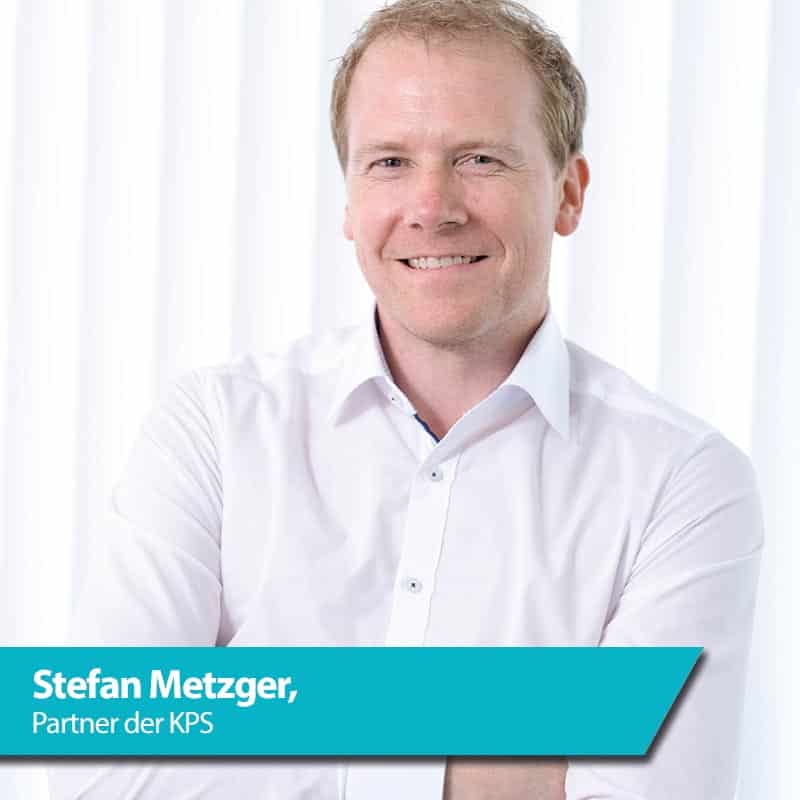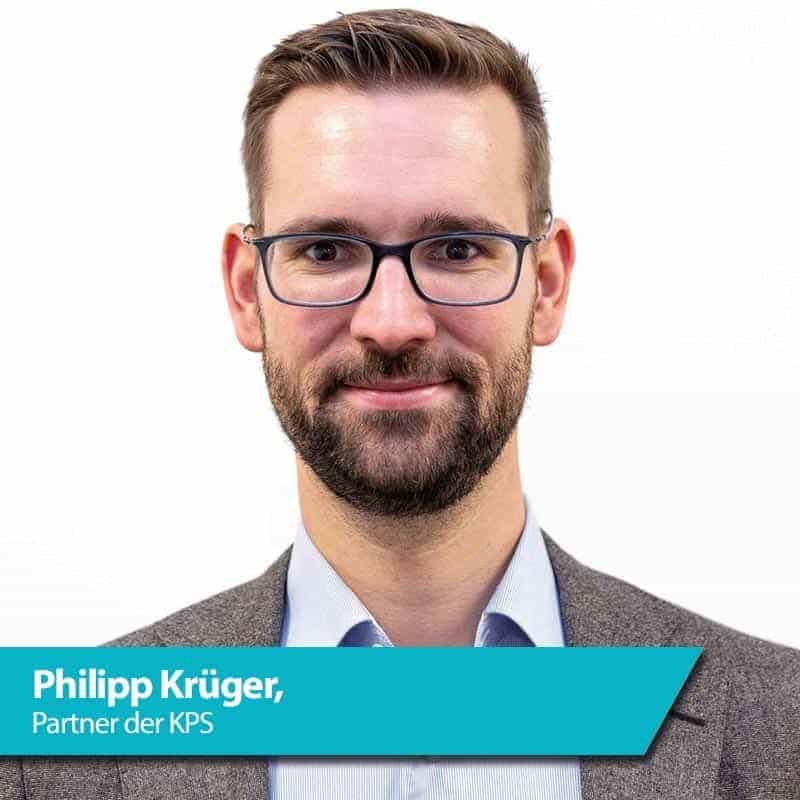Customer experience - it has to be simple, convenient, fast and personal


The customer journey has changed profoundly with digital transformation. Customers now engage with providers through many different digital and physical touchpoints:
Whether at the point-of-sale in brick-and-mortar retail, via the web store, an online marketplace, email newsletters, chatbots, Alexa or social media platforms - the channels are diverse, continue to grow and require a holistic, customer-centric approach.
All interactions must feed into the optimal customer experience, and customer demands are constantly rising: They expect personalized offers tailored to their individual needs and want to shop quickly, conveniently, easily, and via the channel of their choice.
In addition to the quality of the goods, factors such as fast delivery or the simplicity of returns are often decisive. Retailers in particular are called upon to meet consumers' needs as closely as possible. Sounds simple, but it's a huge challenge.
The processes and IT systems in merchandise management, warehousing or logistics are optimized, but functionally structured and oriented to the internal view of the company, but not to the customer.

Webshop, marketing, sales and service try to put the customer in the foreground, but they hang like lonely satellites on the ERP system, connected via numerous interfaces, and thus struggle with inconsistencies and incompleteness of the customer's data.
What is missing is a coherent, cross-channel omnichannel or "channel-less" strategy that aligns processes and technologies end-to-end with the customer.
SAP solutions and tools that map and control corresponding processes have long been on the market or are being further developed, but many companies lack a holistic view and an overarching architecture concept that integrates all systems, functions, environments and processes.
Customer Journey
Based on the analysis of the customer journey, data, processes and technologies are harmonized. As one of the few consultancies on the market, KPS consultants cover not only the entire SAP technology spectrum from SAP ERP to SAP CX solutions, but also the entire process spectrum - enterprise resource planning, logistics and finance, but also customer-facing areas such as marketing, sales and service.
That is why processes and technology solutions are truly considered and implemented end-to-end here. There are no media breaks between the individual departments.
In special workshops in the new Customer Experience Centers at the Dortmund site, KPS customers experience how integrated processes and technologies look in the company and interact perfectly. This means that the path to the "Intelligent Enterprise" is no longer far away.
Intelligence and architecture
Today, however, a well thought-out architecture is increasingly using so-called microservices. This allows apps to be created flexibly without having to intervene in the code base of the core solutions.
Microservices can be used to integrate multiple touchpoints and provide the same information, such as consistent pricing, at each of these points.
But central, consistent information about the customer also becomes available, bringing the end-to-end customer experience within reach.
Example: A customer has a conversation with a salesperson in a furniture store. The salesperson can now use his tablet or other device to access all the data that his counterpart left behind during the interaction via other touchpoints.
For example, he has already registered in the furniture store's web store, responded to a newsletter, communicated with a chatbot, requested information via an online form, rated a product by means of a review, or communicated with the company via a social media channel. All of this information can be used by the seller.
For any communication with the company via a specific touchpoint, a person usually has to identify himself beforehand (e.g. via the SAP Customer Data Cloud).
All the information that flows in via the various touchpoints is then bundled in the microservice, evaluated and made available for the further customer journey.
Building on this, segmentation applications such as SAP Marketing are ideal for personalizing offers according to existing data and customer requirements.

KPS has built up a user experience (UX) team of experienced experts. They develop concepts for efficiently serving clients across a wide range of touchpoints.
The consultants' particular strength lies in seamlessly integrating these concepts into the company's existing architecture while remaining flexible.
Companies are increasingly using cloud offerings such as SAP Cloud Platform, Microsoft Azure, Amazon Web Services or Google Cloud Platform, which need to be integrated into the company's overall IT infrastructure.
Here, questions must be asked again and again:
- How must the architecture be orchestrated to interact optimally with customers across a wide range of channels?
- How can the information captured at each touchpoint be used to optimize the supply chain?
- At what point do existing systems need to be replaced or supplemented with new functions?
To provide customers with a consistent customer experience, different touchpoints must be integrated and provided with consistent information. KPS delivers well thought-out, overarching processes and SAP architecture concepts that focus on the needs of the consumer.
Thanks to its many years of retail expertise, its bundling of IT and marketing views, and its holistic approach to existing business processes, KPS is one of the few providers capable of implementing end-to-end commerce concepts.
KPS - Consulting and Transformation from a Single Source
As one of the leading IT consulting and systems houses in Germany, KPS has in-depth expertise and a wealth of experience in the design of holistic commerce processes.
While the focus was originally on retail, the company now serves customers from all industries. KPS is known for the creation of innovative, digital business models and supports companies significantly in their transformation to customer-oriented companies.
In doing so, it is part of the consulting firm's trademark and unique selling proposition to meaningfully combine the e-commerce, marketing and IT perspectives. The long-standing SAP partner is not only operationally active, but also acts as a strategic consulting partner for companies.
KPS offers a holistic consulting portfolio. It ranges from classic merchandise and store management to e-commerce and comprehensive customer experience, and integrates a wide variety of disciplines such as marketing, sales, service and customer data management.
The company history of the flagship enterprise, which is crowned with success, is impressive: Founded in 2000 with eight employees, the medium-sized company today has more than 1100 consultants, is present in nine countries and generates annual sales of 172 million euros.
Its customer base includes well-known, internationally operating companies such as Hugo Boss, Christ, s.Oliver, Schneider Electric, Coop, Arla, Globus and Coca-Cola. With the development of the Rapid-Transformation® method, KPS accelerates the implementation of innovations and time-to-market by up to 50 percent.
Strategies based on perfectly coordinated processes and technologies can be introduced quickly and efficiently. This enables companies to realize demanding projects in a digital and customer-oriented world in a timely manner, to establish new concepts on the market more quickly, and to benefit from clear competitive advantages.
Company profile
KPS is Europe's leading management consultancy for business transformation. KPS is a one-stop shop for everything from strategy consulting and industry-specific process chains to the implementation of cutting-edge technologies.
The KPS team advises companies end-to-end and integrates enterprise resource planning, B2B and B2C e-commerce with marketing & sales processes.
The KPS Rapid-Transformation® method accelerates projects by up to 50 percent, and the experience and industry knowledge of KPS consultants ensure the success of every project initiative.







